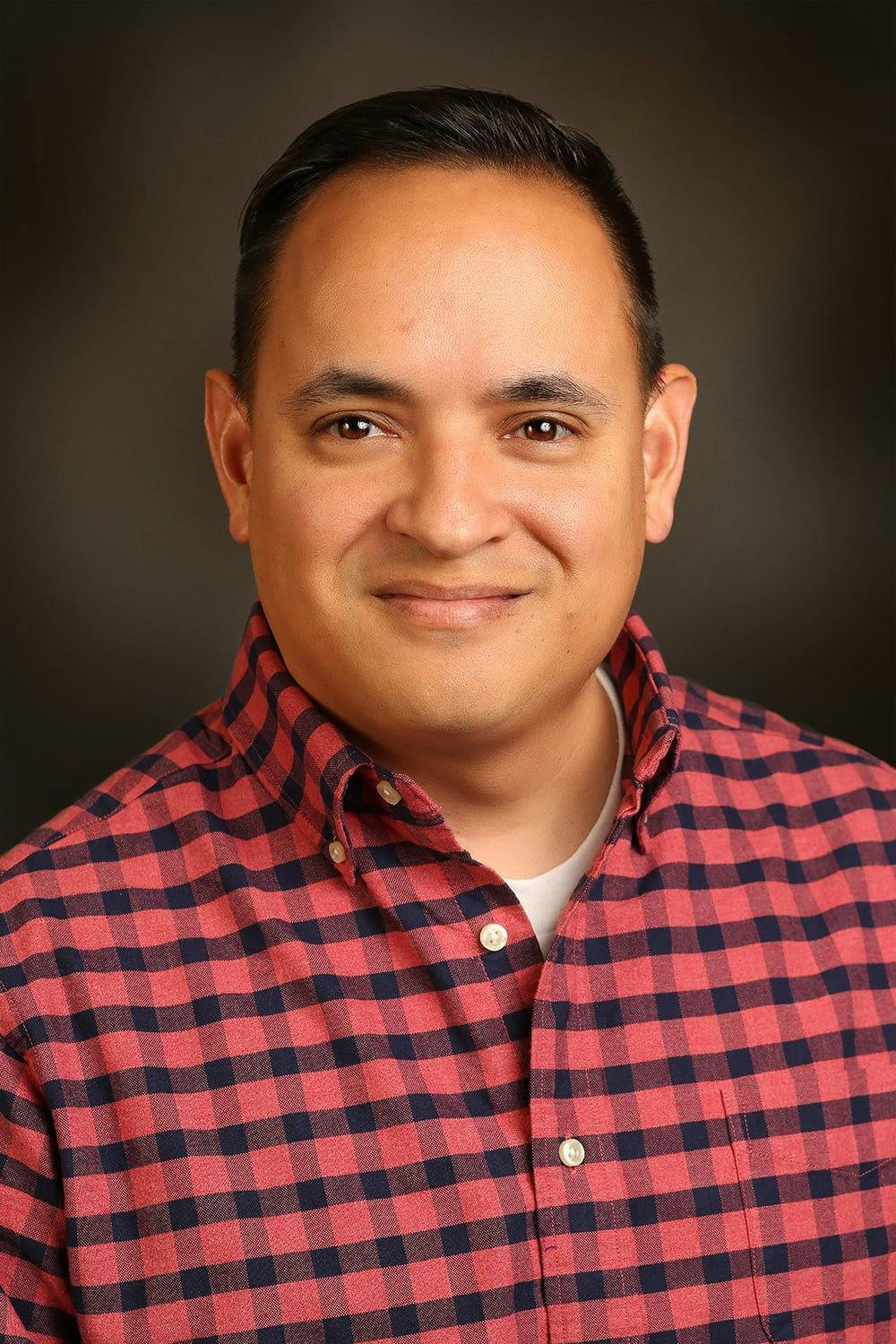
2024-07-02T11:42:04
Growth in Life: A Mental Health Counselor’s Perspective
- Behavioral Health
August 2, 2022 | Behavioral Health
Specialties:Behavioral Health

As the summer starts to wind down and the first day of school looms on the horizon, we are entering another exciting but stressful time of year. I often hear of our amazing educators, parents, students, and family who bravely put on their game faces and look ahead with hope while also wondering if they are up to constantly changing needs. Our often polarizing social and political climate can aggravate what should be an optimistic season. We are all impacted by the rhythm of the school year. Here are 7 things to keep in mind during this time:
We can disagree without being disagreeable. I recall sitting in a meeting with a judge and another counselor going over some problems we were seeing. The judge asked our opinions on some of these issues, and I was surprised at how different our viewpoints were. The judge then decided to table the discussion until more people arrived who could also give their opinions. When they were able to share their thoughts, I inwardly laughed because their ideas made more sense than what the other counselor and myself had suggested earlier. I was actually grateful the judge didn’t listen to either of us. I learned the importance of checking my ego at the door.
Please keep in mind that transition phases are typically the most challenging times in our lives and when we are at our most vulnerable. The brain doesn’t like too many changes all at once. This is usually why so many of our New Year’s Resolutions are quickly abandoned soon after the start of the year. Our brains are very efficient and like to get as much accomplished with as little effort as possible. Routine is huge! It builds safety and security, and that is needed more now than ever. Start now by slowly moving into a “school routine” for your children. There will most certainly be some pushback, but routines serve to model what should be expected in future healthy relationships.
There have been unprecedented acts of violence in our country this year already. I field questions daily regarding this ugly phenomenon. It is terrible and represents the worst our culture has to offer. Many well-intentioned individuals want to focus solely on one cause, but this can be dangerous. Unfortunately, the variable reasons are almost as numerous as the incidents themselves. Additionally, correlation does not always mean causation. I worry that blaming the violent choices of another on mental health will only demonize and set back the great progress we have made so far. I echo the sentiments stated in a recent journal article on mental illness and gun violence, “we need to know more.”
So often I hear that victims of abuse or other crimes place blame upon themselves for the actions of the perpetrator. No matter what was said, done, or implied, we are never responsible for the abusive actions of another individual. We never blame the victim! I recall several years ago feeling troubled by someone who shared some pretty strong feelings over what was described as “loose morals.” This individual had multiple sexual partners and felt ashamed over the choices made. However, after hearing these accounts over several visits I thought they sounded more like assault. This was a shocking realization for the individual and sharply turned the direction of our visits. Many of those shame-based beliefs began to fall by the wayside.
Stay on top of your physical health, especially with well-exams. These seem to come right before the start of the school year, usually in the form of sports physicals. A few years ago my son left to serve his LDS mission to Finland. I was grateful that the physician completing his physical added a couple more services than what the church required and that everything was covered by our insurance. It kept my anxiety down knowing that he was as prepared as possible. I get excited about receiving referrals from different specialties within Revere Health as they make my job that much easier. When other specialists are able to rule out the many physical symptoms that can sometimes accompany our mental health, I feel more confident in my ability to diagnose mental health issues quickly and accurately.
I am a big advocate of outdoor living for improving our mental health. Getting outside, regardless of the time or season, can serve as a natural remedy and help us feel better emotionally. My vacations and daily moments of decompression are almost always outside. This can be as simple as going on a walk or sitting under a tree. There is also a lot of research that supports regular exposure to natural light. In fact, I am in the process of building a new home and have added more than twice the number of windows to my design than my existing home so that I can better incorporate this resource. Even the newly built Utah State Prison added more natural light as a way to manage behavior.
The new 988 hotline is officially up and running and geared toward mental health crisis calls. It will connect people to an existing network of more than 200 local crisis call centers around the country that specialize in mental health emergencies. The problem is that 911 wasn’t set up to address mental health needs. The primary goal of this new number is to make it easier for people to call for help. Lawmakers and mental health advocates also see this launch as an opportunity to transform the mental health care system and make care easily accessible everywhere in the United States. The Biden administration has invested more than $400 million in beefing up crisis centers and other mental health services to support the 988 system. It can be accessed by either call or text.
If you have any concerns about your mental health or the mental health of a loved one you can call Allan Pauole, CMHC, or one of our Revere Health Behavioral Health offices in Utah.

WRITTEN BY:
Allan Pauole, CMHC
Allan Pauole is one of our mental health therapists. He has worked for Utah, Juab and Millard counties providing both mental health and substance abuse counseling for hospitals, Utah’s drug court population, and private agencies. Allan also worked for the Paiute Indian Tribe of Utah as a social worker and served as the primary liaison for the tribe in all child custody hearings involving the Division of Child and Family Services and the juvenile courts. He is quite versed in navigating the sometimes dueling interests between the mental health and legal systems. Allan has been a licensed clinical mental health counselor for over 15 years and has extensive training in Motivational Interviewing (MI), Dialectical Behavior Therapy (DBT), substance abuse counseling, and Trauma Focused Cognitive Behavior Therapy(TF-CBT). He is EMDR trained. He is also able to treat all forms of Anxiety, Depression, ADHD, PTSD, and Personality Disorders for patients of all ages. He has an especially strong interest in working with teens and college age adults as he recognizes the challenging and unique transition phase this can be.


2024-07-02T11:42:04

2024-04-09T04:30:04

2024-01-08T11:58:49

2023-10-03T10:37:02
This information is not intended to replace the advice of a medical professional. You should always consult your doctor before making decisions about your health.